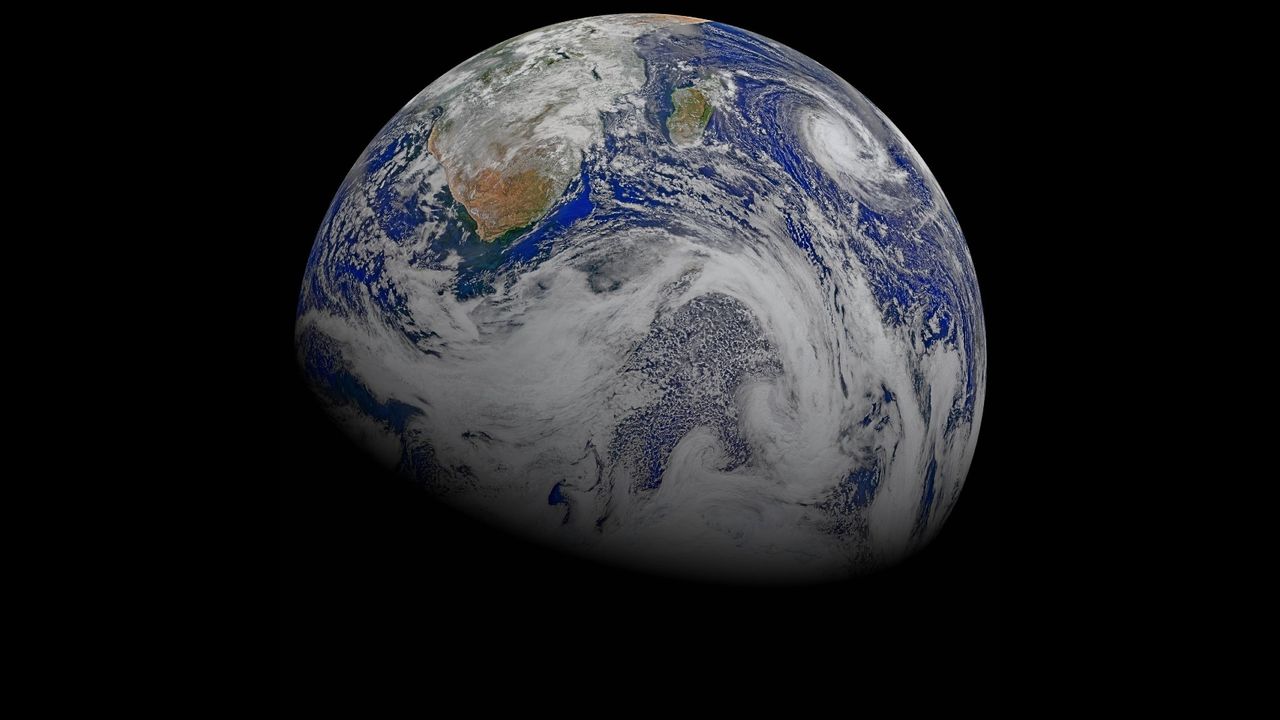BREAKING: Astronomers at the University of Warwick have developed a groundbreaking algorithm, named Astroclimes, that transforms stargazing technology into powerful climate sensors, enabling the measurement of greenhouse gases (GHGs) in Earth’s atmosphere. This innovative advancement was just announced in a collaboration with Spanish institutions, marking a significant leap in climate science.
Using starlight observations, Astroclimes captures the crucial data on GHGs, including carbon dioxide, methane, and water vapor, specifically during nighttime. Marcelo Aron Fetzner Keniger, a Ph.D. student in Astronomy and Astrophysics at Warwick, emphasized the algorithm’s potential to fill a crucial gap left by existing daytime-only measurements. “Using telluric lines to measure the abundance of GHGs has been extensively employed using solar spectra, but Astroclimes can hopefully fill the gap with nighttime measurements,” Keniger stated.
This urgent development comes as the world grapples with escalating climate change concerns. The research team conducted a vital observing campaign in July 2023 at the Calar Alto Astronomical Observatory in Spain. By combining daytime solar measurements from the COllaborative Carbon Column Observing Network (COCCON) with nighttime starlight data, they are pioneering a new approach to studying the carbon cycle.
The COCCON-Spain network aims to address the critical lack of atmospheric GHG observations across Spain by implementing a nationwide measurement network. Coordinator Omaira García-Rodríguez highlighted, “One of the main objectives of the COCCON-Spain network is to improve current knowledge of GHG sources and sinks, thus contributing to the development of mitigation and adaptation strategies for climate change.”
Keniger is optimistic about Astroclimes’ future contributions. “If we can successfully calibrate Astroclimes with the help of COCCON measurements, it could provide a new network for measuring GHG abundances, complementing current networks with nighttime measurements,” he said.
This development is critical not only for scientific communities but also for global climate action efforts. As authorities and researchers push for enhanced strategies to combat climate change, the implications of Astroclimes could be transformative.
Stay tuned for more updates on this developing story as the fight against climate change intensifies. The urgency for accurate GHG tracking has never been greater.








































































